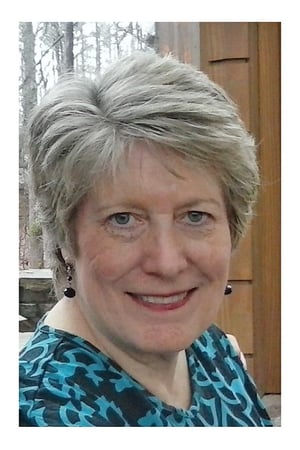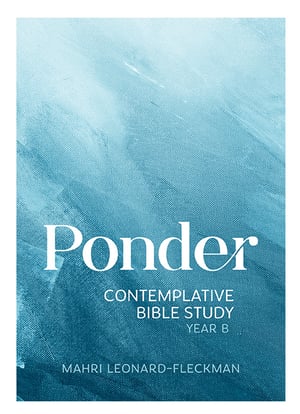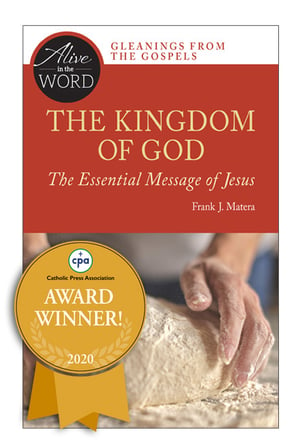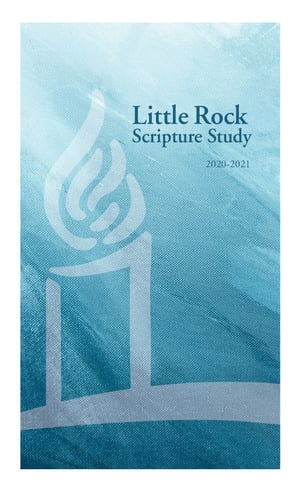I am quite comfortable in an environment with few surprises. But (fortunately) at some point God said to me: “Phyllis, you may be missing out. It’s okay to be a bit more flexible!”
And it is. In fact, it is this flexibility that allows my Bible study group to not only be informed by our study of the Bible, but to be transformed by it. My group began meeting in 2016. What started out as weekly evening gatherings in members’ homes has developed into something much different as we have adapted to the schedules and needs of our group. We deeply desire to study, learn, and be transformed by God’s Word. Our gatherings are also a time to support one another through prayer and friendship.
Because we are a diverse group in the way we come to Bible study, here are some tips that have helped sustain us:
- Consider meeting every other week. This gives everyone time to savor the lesson and may help busy people find the time to be prepared.
- Be flexible with time and place. Consider meeting at a mealtime (e.g., lunch hour, if people are working or retired). Meetings don’t have to be at your parish—they can be in someone’s home, in a quiet corner of a restaurant—wherever you can find a convenient, comfortable spot to gather.
- Split the lesson into two sessions when needed. Review the study material in advance and decide if it is more than your group would like to read and prepare for one session. You can tell your group in advance how far to read, and which questions to answer for the upcoming session.
- Adapt the questions as needed. Many participants struggle with the discussion questions that encourage personal reflection and faith-sharing. Begin by asking what the text says (information; easier to answer) and then move into the reflection/application question (transformation; more difficult to answer).
- Write out prayer intentions before meeting. Ask your group to write out their prayer intentions for the closing prayer in advance. This especially helps those who are quiet to be ready and willing to share.
- Use the Wrap-Up Lectures in the way that works best for your group. Since many of the lectures are now available online (New Editions), we view these lectures on our own time rather than during our group time. Some of our participants use this process: 1) study the materials, 2) answer the questions, and 3) review by watching the lecture before our gathering.
- Involve as many facilitators as possible. Taking turns facilitating gets more people involved. In my group, about half of us are willing to facilitate. Each facilitator brings a different gift to the table.
- Facilitating can be a shared experience. For those who don’t want to facilitate an entire lesson, they can share the experience with a more experienced facilitator. They may just facilitate a few questions during any given week, allowing the “regular” facilitator to fill in as needed and lead prayer.
- Mix it up! We do a New Editions Bible study and then an Alive in the Word (AITW) topic. AITW works well when your group has limited time (each AITW book is 3 sessions). Though meeting in the summer can be difficult, we often manage to do one AITW in the summer.
- Accept that attendance will vary. We avoid meeting at especially busy times (such as Thanksgiving through New Year’s). Even then, not every participant can come to every session. We are a group of thirteen, and we average about ten at each session. We’re grateful for whoever can come!
Every group is different. Embrace flexibility! Do what works best for your group, and be ready and willing to make changes as you go along. And remember, you can share your ideas and experiences with Little Rock Scripture Study so that others may benefit. We’re all learning together!

Phyllis Baltz has a Master of Religious Education degree from Loyola University, New Orleans. She is an experienced Bible study facilitator and an avid reader. Phyllis and her husband Rusty live in Hot Springs, Arkansas and are members of St. Mary of the Springs Catholic Church.








